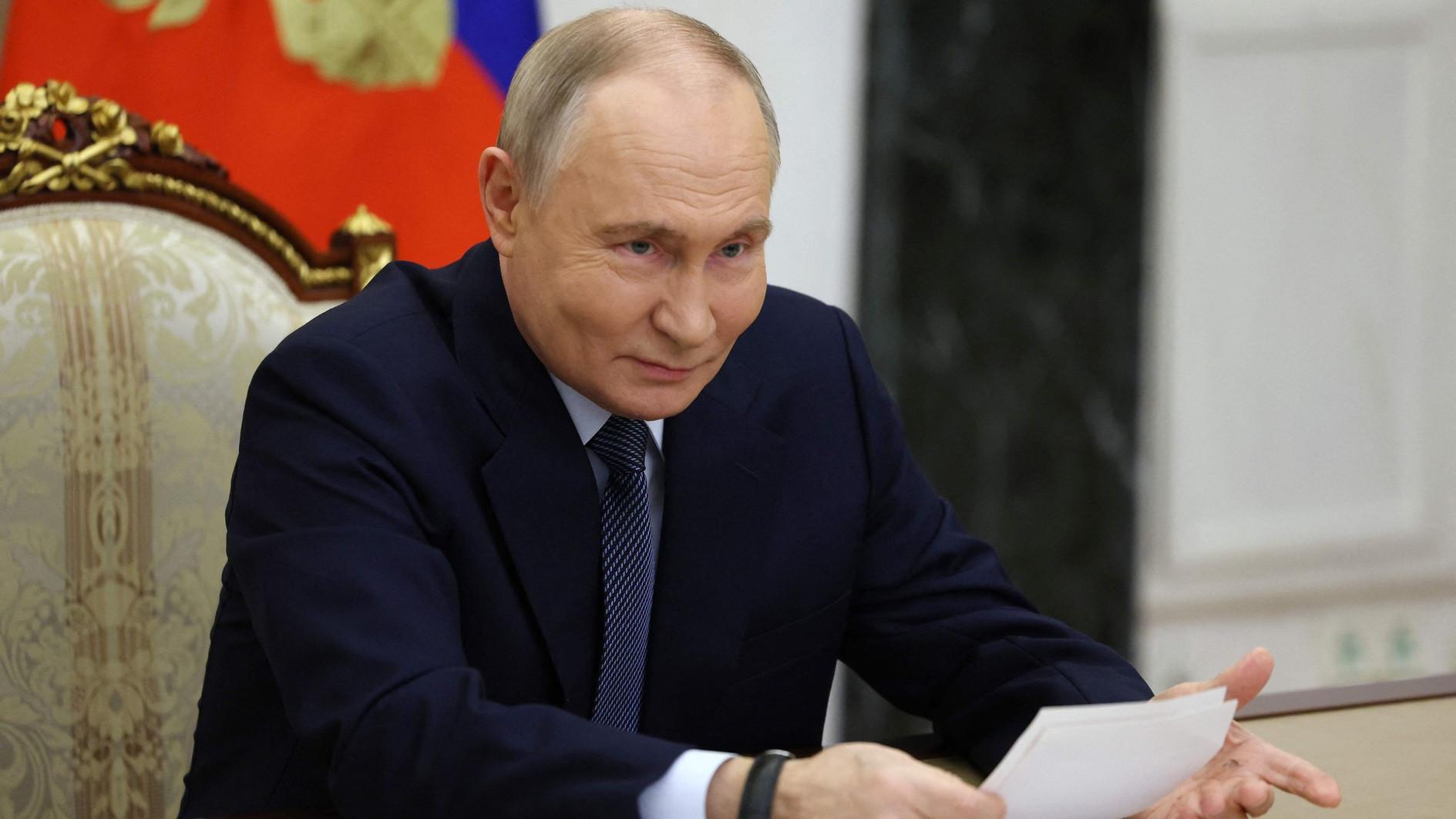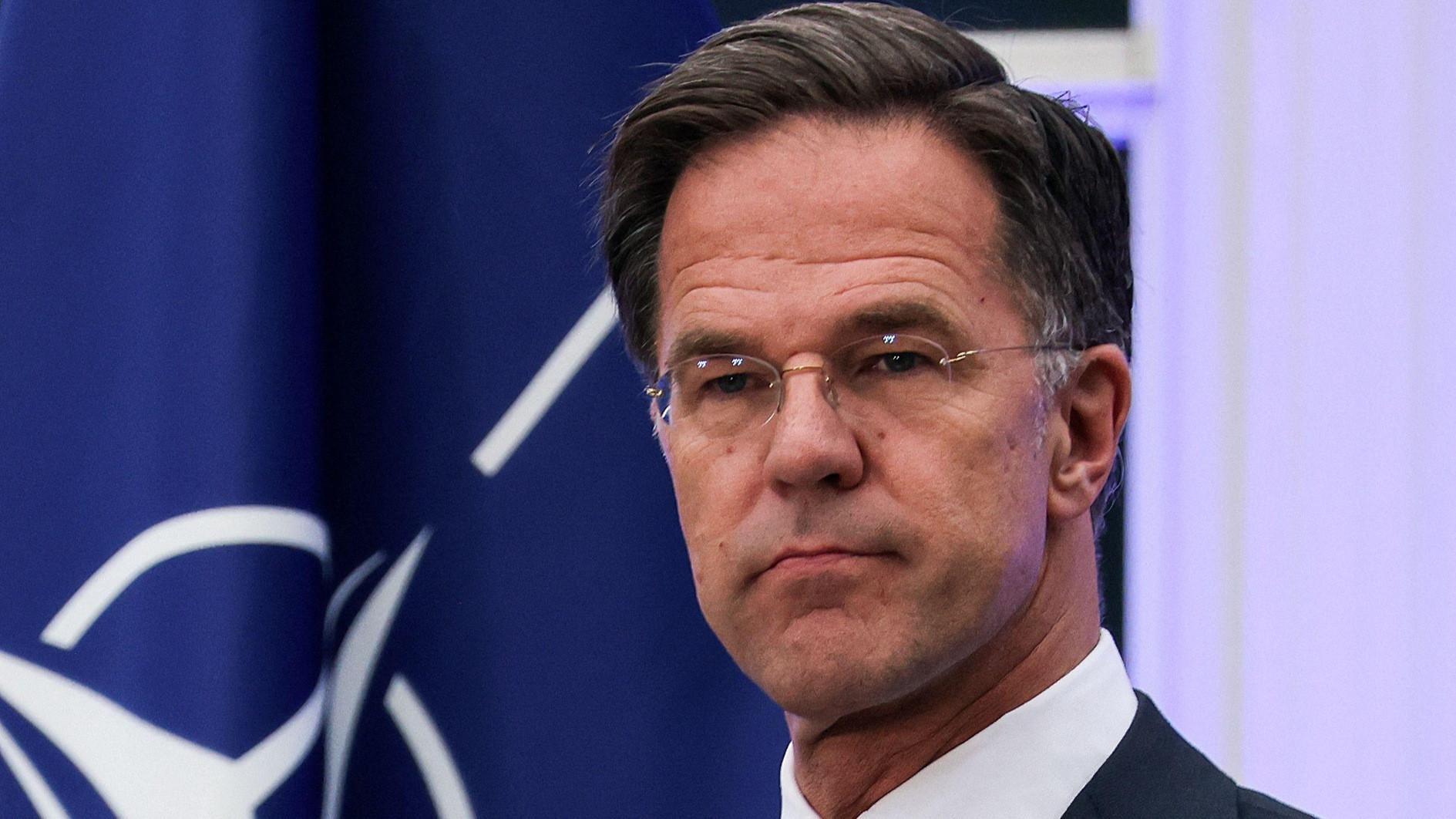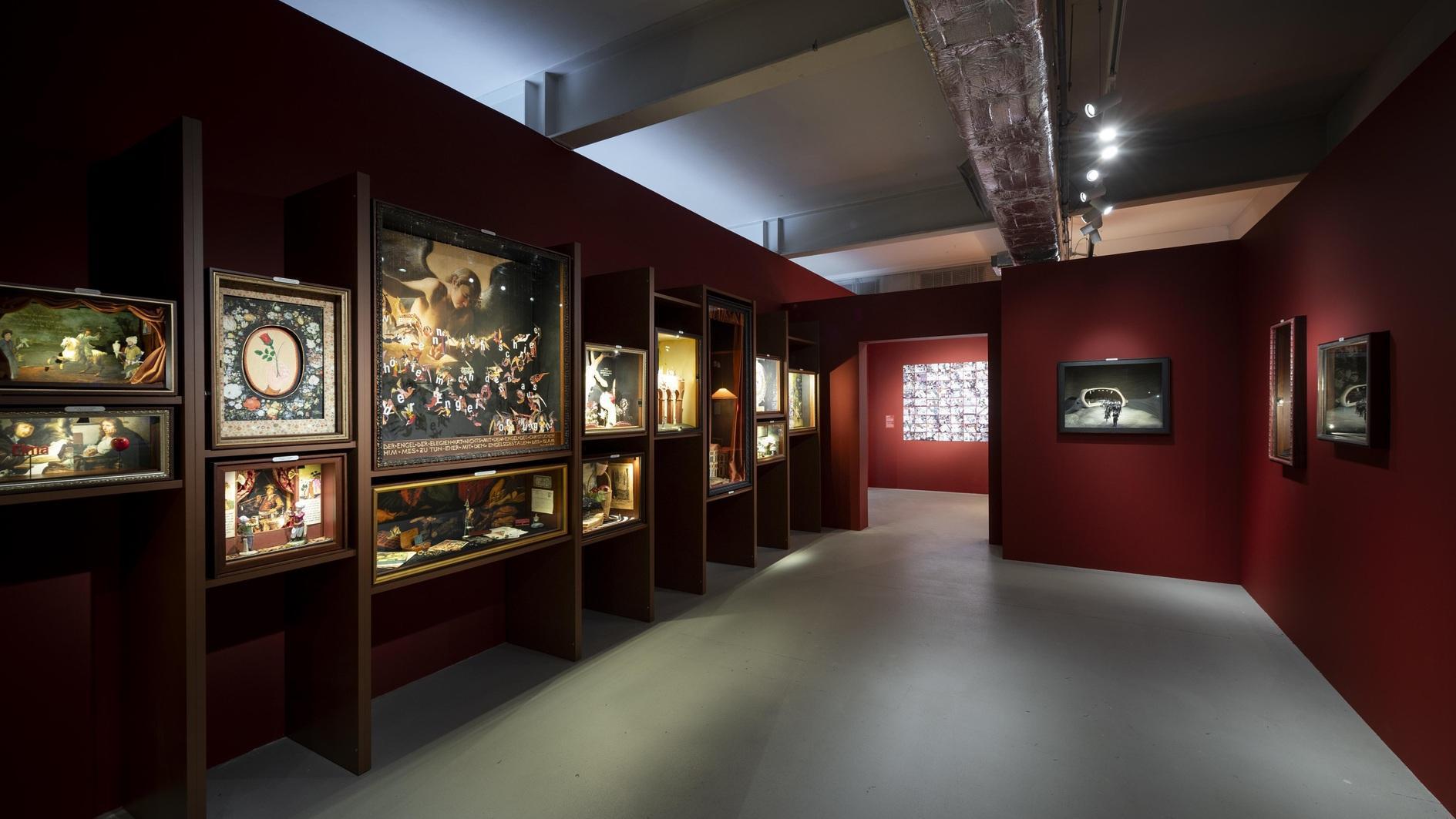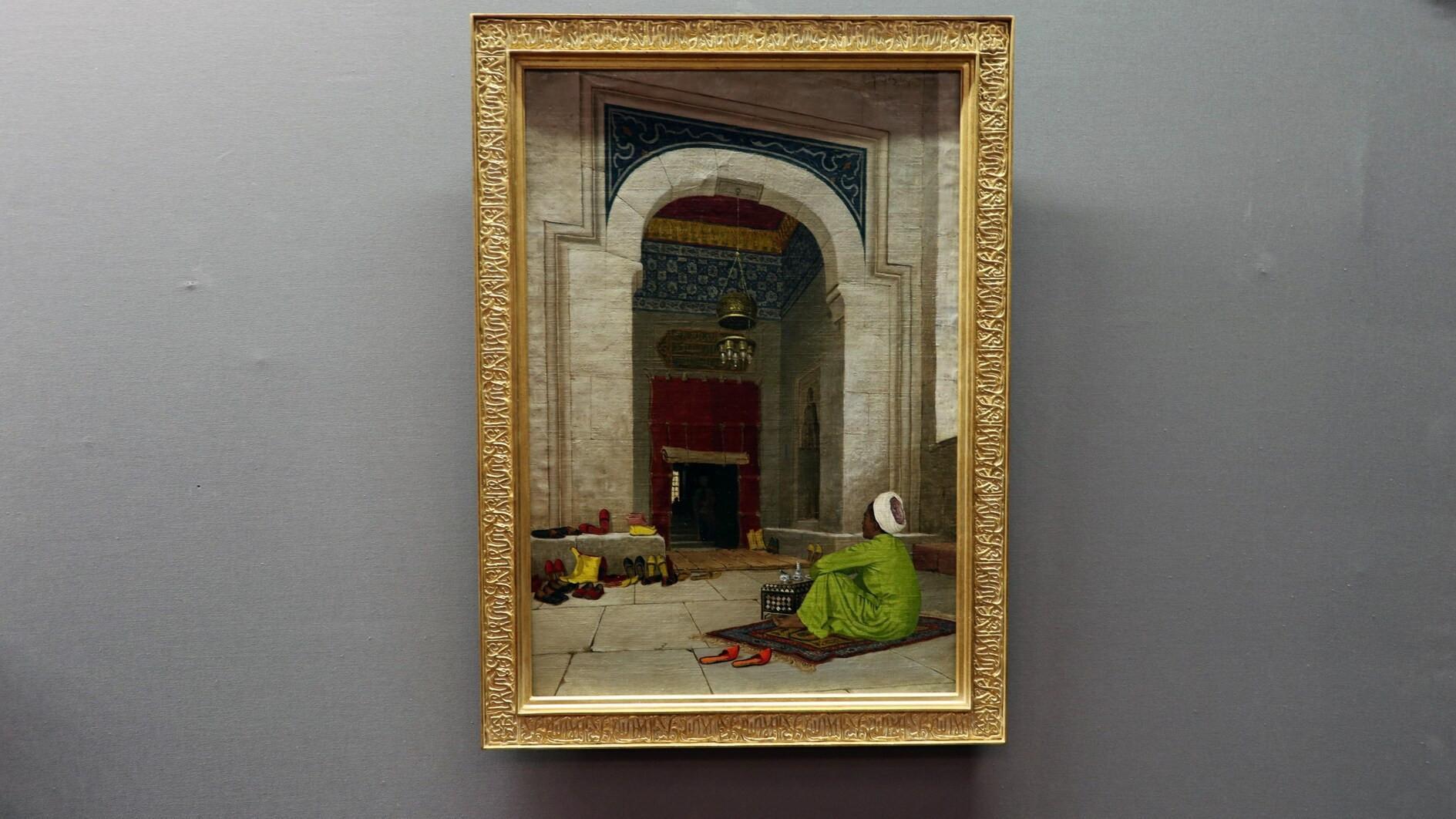Turkish gov’t takes pains not to lose public support during military operations
Nuray Babacan - ANKARA
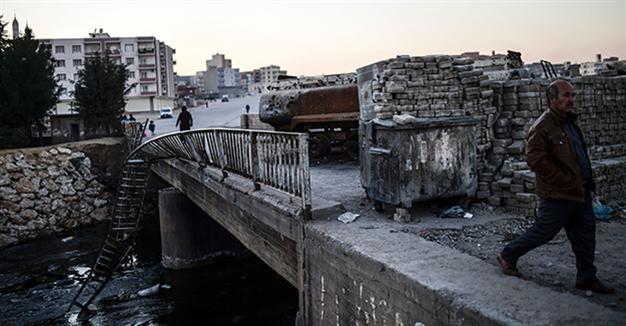
People walk past a burned truck at the entrance of Nusaybin on December 24, 2015, in Mardin. AFP Photo
The Turkish government believes it must complete ongoing military operations in the southeastern Anatolia region against the outlawed Kurdistan Workers’ Party (PKK) by spring at the latest if it does not want to lose support for its actions.The issue was discussed at a meeting of the highest decision-making body of the ruling Justice and Development Party (AKP), the Central Decision and Executive Board (MKYK), on Dec. 20 and in a cabinet meeting on Dec. 21.
The top item on both of the meetings was ongoing curfews declared in the southeast during operations and the results of these curfews. The siege tactics that have been employed in strongholds of the PKK’s youth wing are purportedly designed to avoid harming civilians, meaning the operations have so far been conducted slowly and carefully, sources said.
However, officials also said disturbing images of human rights abuses by police during the operations should be prevented and that the regional people’s support for the struggle against the PKK should be put to good use.
Accordingly, government officials have maintained that the operations should be completed within a few months and that by the spring of 2016, a new page should be opened with reforms appealing to the region’s people and compensation for damages incurred by civilians. Such action is likely to also form part of a resumption of the long-stalled resolution process that could including jailed PKK leader Abdullah Öcalan.
Government sources believe that they have support against the PKK because of the progress attained during the resolution process and a cease-fire between the government and the militant group.
However, concerns were also raised during the MKYK and cabinet meetings, with officials and party executives saying that in the event of a prolongation of the operations, the current support from the people could be jeopardized.
The stance of the pro-Kurdish Peoples’ Democratic Party (HDP) was also put under the microscope during the meetings. At the moment, the government has not been involved in dialogue with the HDP other than some unofficial contacts.
Officials drew attention to the fact that the HDP was under pressure by the PKK, which called on the party to abandon parliament where it has a presence as a political party group after passing the 10 percent threshold in the Nov. 1 elections.
The government’s eyes will be on messages to be delivered at a convention of the Democratic Society Congress (DTK) scheduled to be held on Dec. 26-27 in order to make a projection on the future of relations with the HDP, as well as the messages to be delivered by the HDP at the convention, during which a series of decisions are expected to be made. The DTK is a multi-party based group that brings together a number of Kurdish groups and democratic organizations.
Meanwhile, officials also highlighted the need to urgently cover the damages of victimized civilians to prevent the PKK from exploiting the situation. Accordingly, aid will be provided to families who have been dislocated during curfews with ongoing efforts already being ostensibly coordinated by governors and district governors.



